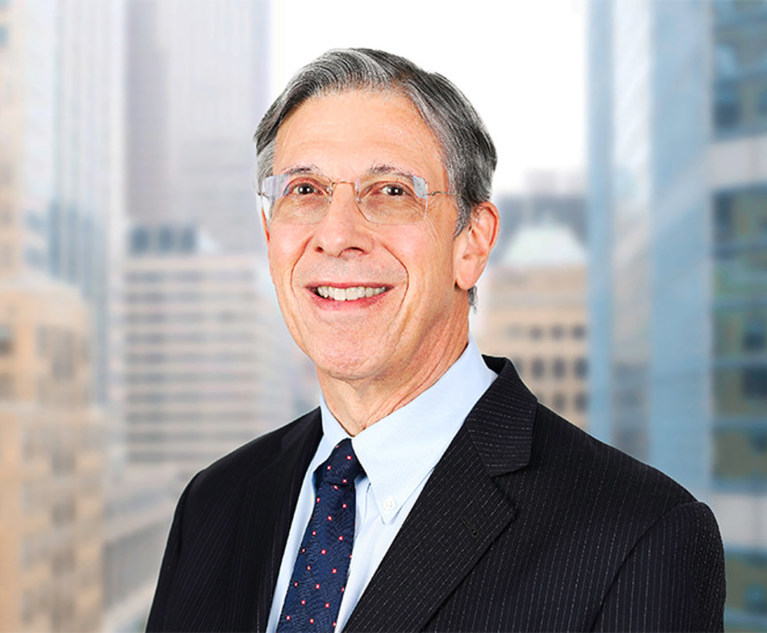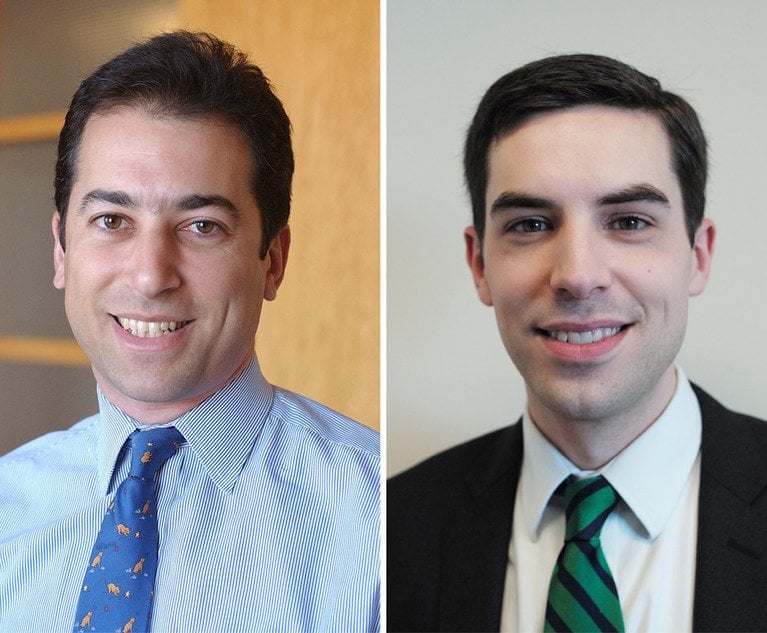In this article, we examine Formal Opinion 499 just issued by the American Bar Association’s Standing Committee on Ethics and Professional Responsibility. The title of the Opinion is Passive Investment in Alternative Business Structures, and it addresses whether and in what circumstances lawyers may be involved in alternative business structures (ABS). We will look at the Opinion from two perspectives: what (limited) progress it represents in addressing the need to reform the regulatory system governing lawyers; and what it leaves undone, hopefully to be addressed another day.
What Opinion 499 Does Address
The Digest of the Opinion reads as follows:
A lawyer may passively invest in a law firm that includes nonlawyer owners (“Alternative Business Structures” or “ABS”) operating in a jurisdiction that permits ABS entities, even if the lawyer is admitted to practice law in a jurisdiction that does not authorize nonlawyer ownership of law firms. [footnote omitted]. To avoid transgressing Model Rule 5.4 or other Model Rules and to avoid imputation of conflicts under Model Rule 1.10, a passively investing lawyer must not practice law through the ABS or be held out as a lawyer associated with the ABS and cannot have access to information protected by Model Rule 1.6 without the ABS client’s informed consent or compliance with an applicable exception to Rule 1.6 adopted by the ABS jurisdiction. The fact that a conflict might arise in the future between the investing lawyer’s practice and the ABS’s work for its clients does not mean that the lawyer cannot make a passive investment in the ABS. If, however, at the time of the investment the lawyer’s investment would create a personal interest conflict under Model Rule 1.7(a)(2), the lawyer must refrain from the investment or appropriately address the conflict under Model Rule 1.7(b).


 Anthony E. Davis
Anthony E. Davis




